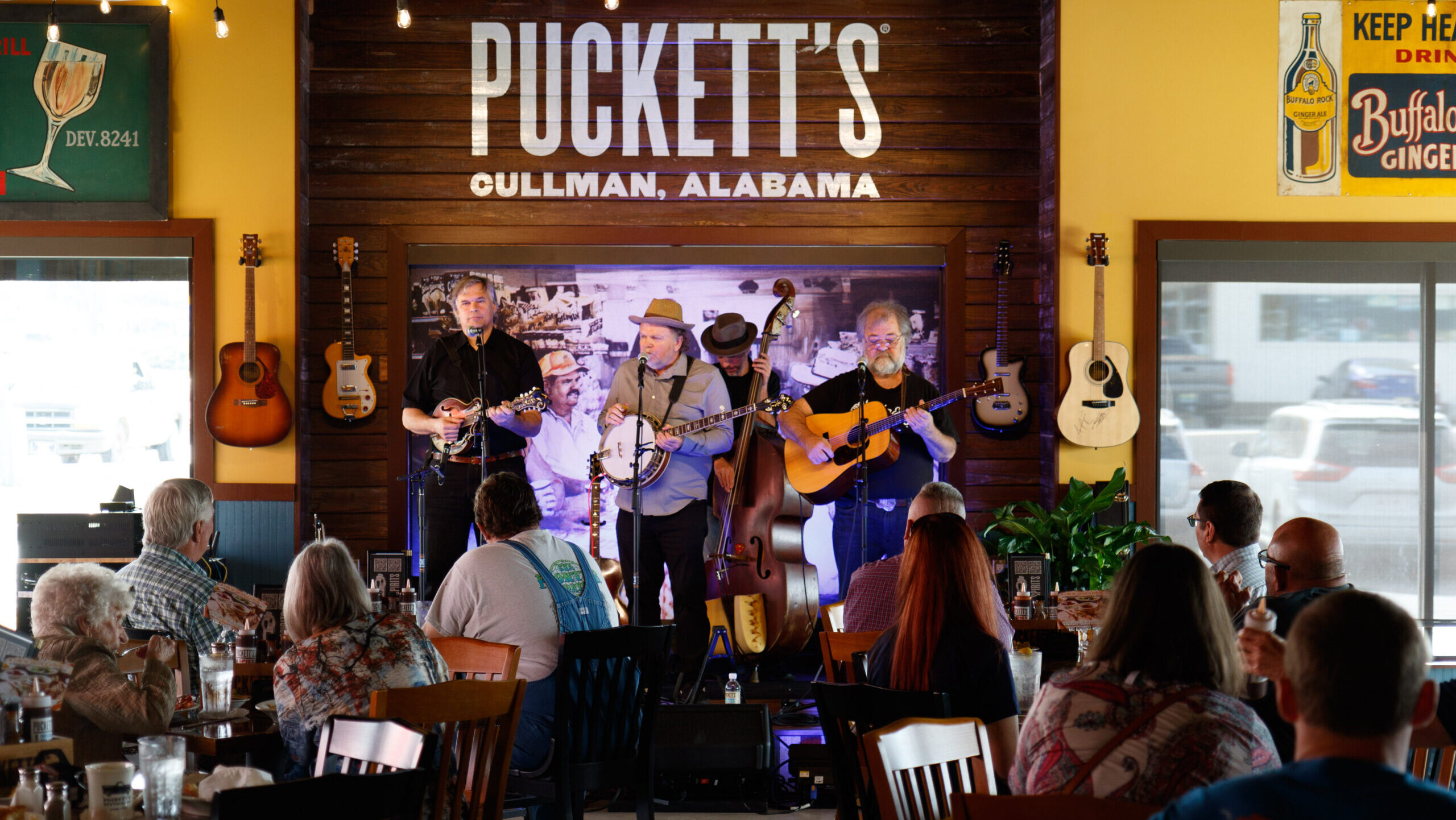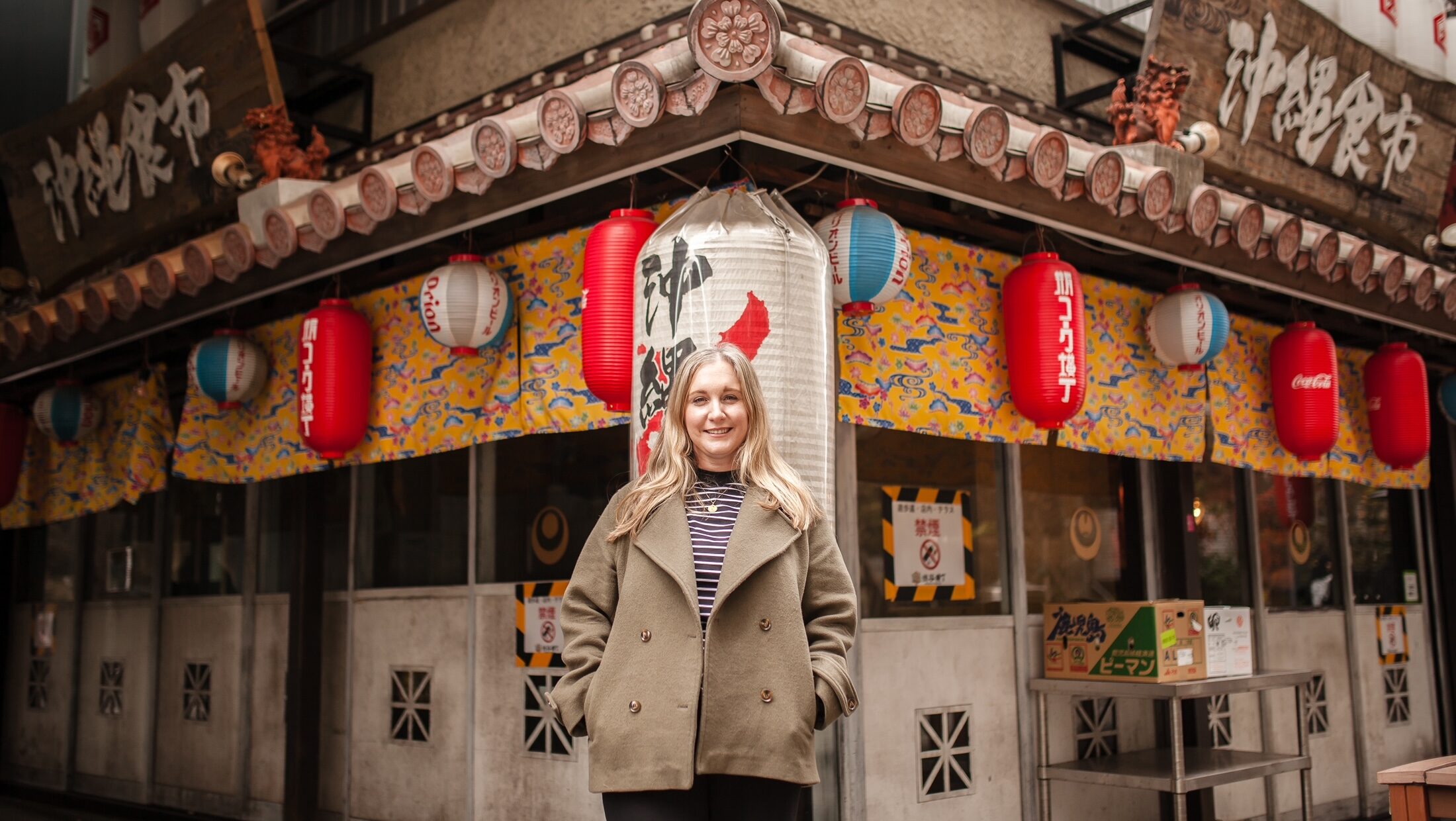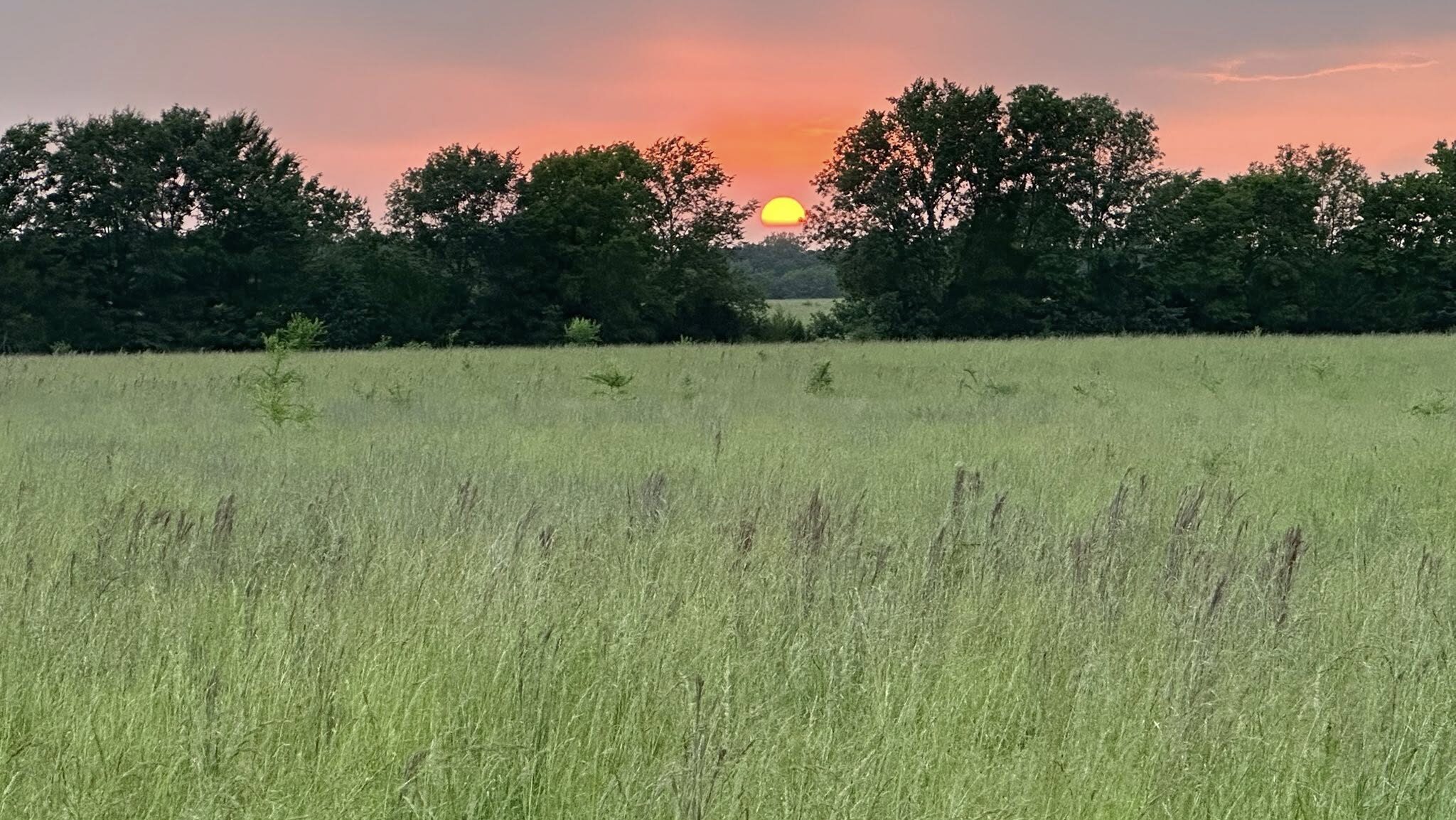My favorite color is green, any and all shades. The rich emerald of a magnolia leaf. The frosty teal of a juniper bush. The vibrant kelly of manicured grass. The pale pistachio of budding-out hydrangeas. My love of green stems from my love for the outdoors. I immerse myself in the hue hiking through deep woods, walking neighborhood streets bordered by lush lawns and beds full of blooms, strolling garden paths, and exploring farm fields. Time outside brings serenity but evokes another emotion too (which is also tinted green): envy.
I wish I could grow the flowers and fruits and veggies that others do. The multiple old trees surrounding my house keep my yard almost completely covered in shade, so I blame a lack of sunlight for my non-existent garden. But the truth is, I could live among perfect growing conditions and fare no better. My passion for green growing things is more a spectator sport; I’ve never had the patience or perseverance to put in the work gardening can require. I don’t have the attention span either; any house plant left in my hands dies from sheer neglect.
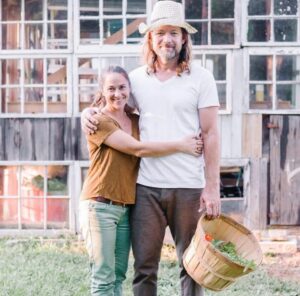
(Windy Van Hooten Teaching Garden/Facebook)
So, I learned years ago to make do by meeting and promoting folks who are my betters here, people like Jonathan Gardner (yes, his last name is Gardner!) who recently supplied me with the best definition for a thriving garden I’ve ever heard. “It’s the perfect circus,” he says. “A balancing act of all these elements working together at the right time, keeping the right rhythm.”
And that’s exactly what Windy Van Hooten, the gardening education nonprofit he and his wife Becca founded in Gadsden, Alabama, is: a masterful mix of fun and learning that’s planting seeds for a brighter future in their northeast Alabama community’s kids. It’s why the Gardners chose the whimsical and lyrical name. The old-timey word was used by traveling circus folks when they put on the perfect circus. “It’s when the crowds were huge, the tents stayed up, the weather was nice, everything went off without a hitch,” Jonathan says. “Windy Van Hooten describes what we’re doing—promoting healthy living and environmental awareness through school gardening and community outreach—but it’s also fun to say.”
He’s right. It’s a hoot to let the organization’s name roll off your tongue, but the execution of its many programs takes real work. Recognizing a need in their hometown motivated the couple to tackle the issue of fresh-food education and access. After school and after getting married, they moved to California for five years, then came back to Alabama but to Tuscaloosa, where Becca worked for Schoolyard Roots, a garden-to-school education program, while Jonathan worked as a farmer at an organic farm. “We both love growing things; we always have,” he says.
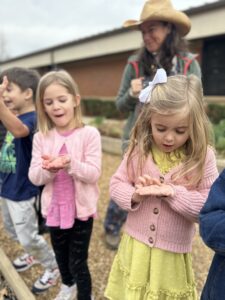
(Windy Van Hooten Teaching Garden/Contributed)
When they moved back to Gadsden, they realized there was no teaching farm or garden school program in the city. “So, we started one,” Jonathan says. Windy Van Hooten sprouted with a single community garden in 2019. Today, the nonprofit runs programs in five schools, which have their own produce gardens onsite, and operates after-school programs at three additional schools. It manages gardens at two local rehab centers, too, and will soon have a large community garden at the Gadsden Public Library.
“The schools have their own gardens (six to eight raised beds with carrots, collards, strawberries, and more) that we manage, and we go to each one day a week and teach garden education to kids kindergarten through 5th grade,” Jonathan says. Lessons are pegged to curriculum standards and include planting, measuring, counting, observing, recording, harvesting, and cooking. He claims he gets as much out of the time as the students. “To see their excitement when they get their hands dirty and watch the transition from a seed to a sunflower is amazing,” Jonathan says. “They really get into the process. And many haven’t heard of some of the stuff we grow, but once they’re exposed to it, they’re open to it. When we do the cooking classes, they taste it all.” Outside of Windy Van Hooten’s classes, teachers are invited to use the garden space anytime. And they often do, using the plants to augment math and science lessons. “It’s also a nice space to just hang out and relax,” Jonathan adds.
Since it began, Windy Van Hooten has been mobile, not unlike a traveling circus, going where the need is. But now, while it will continue its offsite programs, it also has a true home base—Hooten Holler, a 17-acre site, formerly an Episcopal church day camp, that’s being transformed into a multi-faceted outdoor education center and event space.
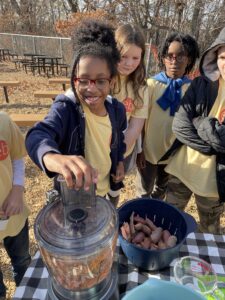
(Windy Van Hooten Teaching Garden/Contributed)
A massive pavilion (a remnant of its camp past) complete with a fireplace anchors the Holler, and a donated school bus is being gutted and turned into an office. Trails are being cut into the woods. A pollinator garden is planned. An old amphitheater on the hillside will be refreshed. A greenhouse will soon capture the sun’s warmth to foster new life. Fruit trees will be planted to form a small orchard. And multiple raised beds yielding a bounty of produce will be the focal points. Solar panels and a water catchment system will help fuel it all sustainably.
The work is ongoing and moving fast. A Hootenanny at the Holler with a low country boil and live music is planned for April. Kids from all over the area are invited to the Holler during the day camps it has on its calendar this summer. Jonathan is all smiles as he walks around the Holler explaining it all and envisioning the site’s potential for more positive change. “What we are doing is important everywhere, but it’s very important here,” he says. “Etowah County is one of the unhealthiest in Alabama, which is one of the unhealthiest states in the country when you look at obesity, heart disease, and diabetes rates.”
The message Windy Van Hooten is spreading addresses the root of these issues. “We’re starting at the beginning, reaching kids and teaching them what healthy food is, where it comes from, how to prepare and cook it, and that it doesn’t have to be hard or expensive to eat better; they can grow it too. We’re building a stronger foundation to grow on,” Jonathan says.
But Windy Van Hooten doesn’t want to stop with kids, and the Holler will help. “This space allows us to engage more people with regular events like workshops and cooking classes for adults,” Jonathan says, “which is in line with our purpose: to educate all about health.”
Inspiring a love of the natural world is also part of Windy Van Hooten’s mission. “We live in such a beautiful part of the state. When people understand it more, they’ll enjoy it, and, this is key, they’ll be more likely to respect and protect it,” Jonathan says. “That’s what the Holler is, a place to help people live healthier and be whole, to share in the joy I feel when I’m outside and gardening. That’s what I love, and I’ll do it until I die.”
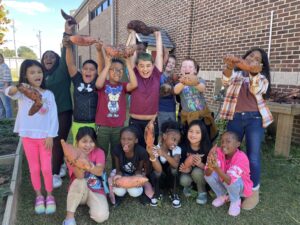
(Windy Van Hooten Teaching Garden/Contributed)

